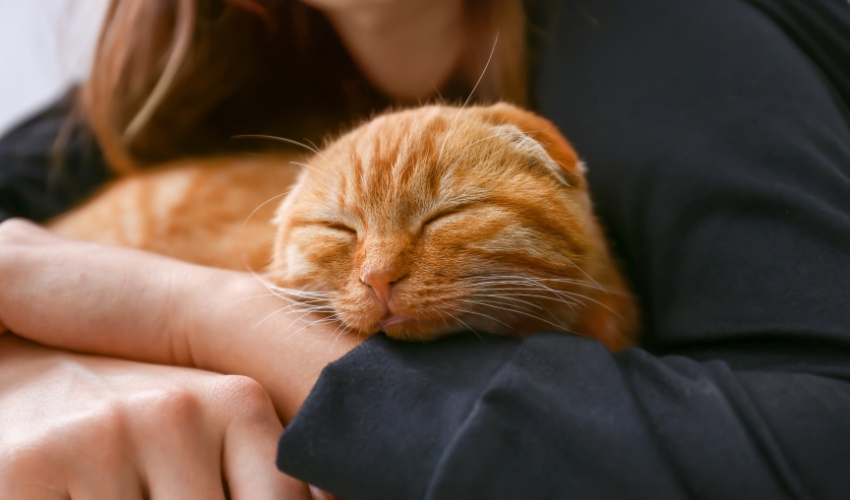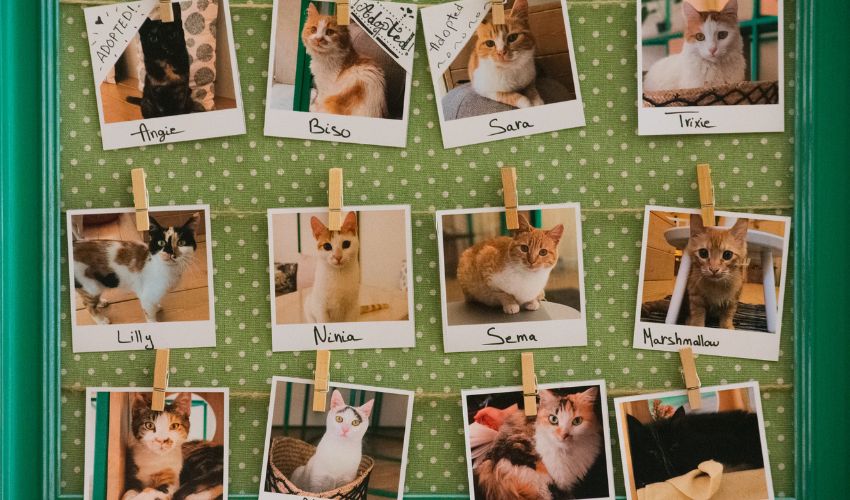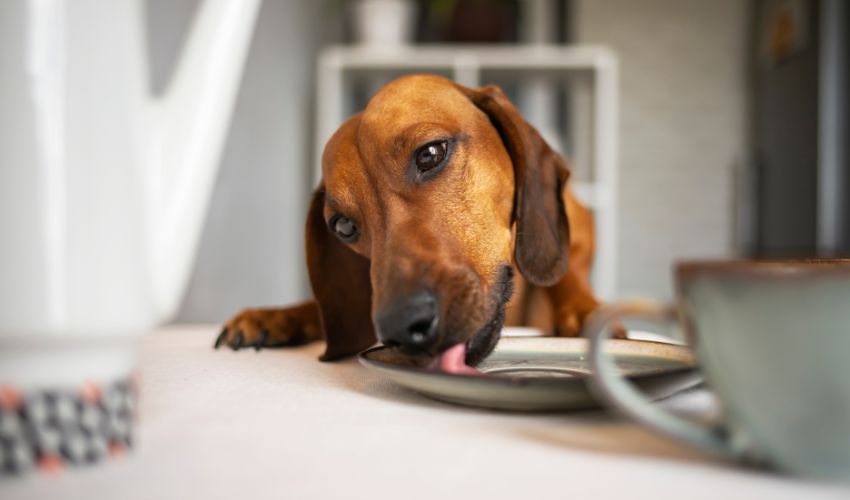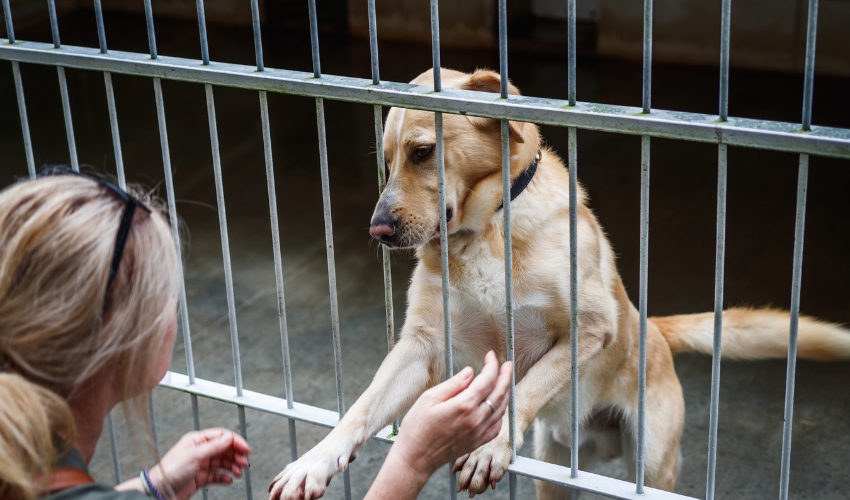Chronic renal failure, also known as chronic kidney disease (CKD), is a common condition in aging cats that can significantly impact their quality of life. As a responsible pet owner, understanding how to manage CKD and provide supportive care for your feline companion is crucial. In this comprehensive guide, we’ll explore the causes, symptoms, treatment options, and supportive care strategies for cats with chronic renal failure, empowering you to optimize your cat’s kidney health and overall well-being.
Understanding Chronic Renal Failure in Cats:
Chronic renal failure is a progressive and irreversible decline in kidney function over time. The kidneys play a vital role in filtering waste products from the blood, regulating fluid balance, and maintaining electrolyte levels in the body. When the kidneys become damaged or diseased, they lose their ability to perform these functions efficiently, leading to a buildup of toxins in the bloodstream and imbalances in the body’s chemistry.
Causes of Chronic Renal Failure in Cats:
Several factors can contribute to the development of chronic renal failure in cats, including:
Aging: As cats age, their kidneys naturally undergo structural and functional changes, making them more susceptible to kidney disease.
Genetics: Certain breeds, such as Persians and Siamese cats, may have a genetic predisposition to kidney disease.
Underlying Health Conditions: Conditions such as hypertension (high blood pressure), urinary tract infections, kidney infections, and kidney stones can damage the kidneys and contribute to CKD.
Toxins: Exposure to certain toxins, such as antifreeze, certain medications, and household chemicals, can damage the kidneys and increase the risk of CKD.
Symptoms of Chronic Renal Failure in Cats:
Early stages of chronic renal failure in cats may not produce noticeable symptoms. However, as the condition progresses, cats may exhibit signs such as:
- Increased thirst and urination
- Decreased appetite or weight loss
- Vomiting or diarrhea
- Lethargy or weakness
- Bad breath (halitosis) or oral ulcers
- Poor coat quality or excessive shedding
- Changes in behavior or litter box habits
Diagnosis and Treatment Options:
If you suspect your cat may have chronic renal failure, it’s essential to seek veterinary care promptly. Your veterinarian will perform a thorough physical examination and may recommend diagnostic tests such as bloodwork, urinalysis, and imaging studies (e.g., ultrasound) to assess kidney function and evaluate the extent of kidney damage.
Treatment options for chronic renal failure in cats focus on managing symptoms, slowing disease progression, and supporting kidney function. Depending on the severity of the condition, treatment may include:
Prescription Diets: Specialized renal diets formulated for cats with CKD are designed to reduce the workload on the kidneys, maintain proper hydration, and minimize the buildup of waste products in the bloodstream. These diets are typically low in protein, phosphorus, and sodium but contain high-quality protein sources and essential nutrients to support overall health.
Fluid Therapy: Subcutaneous or intravenous fluid therapy may be recommended to help maintain hydration and flush toxins from the bloodstream in cats with CKD. Fluid therapy can also help correct electrolyte imbalances and improve overall kidney function.
Medications: Your veterinarian may prescribe medications to manage symptoms associated with CKD, such as anti-nausea medications, appetite stimulants, phosphate binders, and medications to control blood pressure or treat secondary infections.
Monitoring and Follow-Up Care: Regular monitoring of kidney function through bloodwork and urinalysis is essential for cats with CKD. Your veterinarian will develop a customized treatment plan and schedule follow-up appointments to monitor your cat’s condition, adjust medications as needed, and provide supportive care.
Supportive Care Strategies for Cats with Chronic Renal Failure:
In addition to medical treatment, supportive care plays a crucial role in managing chronic renal failure in cats and improving their quality of life. Here are some supportive care strategies to consider:
Hydration: Encourage your cat to drink plenty of fresh water by providing multiple water bowls throughout the house and considering a water fountain or adding water to canned food to increase moisture intake.
Environmental Enrichment: Create a comfortable and stress-free environment for your cat by providing cozy resting areas, interactive toys, and opportunities for mental stimulation and physical activity. Minimize stressors and changes in routine that could exacerbate CKD symptoms.
Nutritional Support: Work with your veterinarian to ensure your cat is receiving a balanced and nutritionally complete diet tailored to their specific dietary needs and stage of CKD. Avoid feeding foods high in phosphorus, sodium, or additives that may exacerbate kidney disease.
Weight Management: Maintain a healthy body weight for your cat through portion control, feeding appropriate calorie levels, and regular monitoring of body condition. Obesity can exacerbate CKD symptoms and put additional strain on the kidneys.
Dental Care: Practice good dental hygiene by brushing your cat’s teeth regularly and scheduling professional dental cleanings as needed. Poor dental health can contribute to oral infections and inflammation, worsening CKD symptoms.
Veterinary Check-Ups: Schedule regular veterinary check-ups and follow-up appointments to monitor your cat’s kidney function, assess response to treatment, and address any new or worsening symptoms promptly. Early intervention and proactive management are essential for cats with CKD.
Chronic renal failure is a challenging condition to manage, but with proper understanding, early detection, and comprehensive veterinary care, cats with CKD can lead comfortable and fulfilling lives. By implementing supportive care strategies, monitoring kidney function, and working closely with your veterinarian, you can help optimize your cat’s kidney health and overall well-being. Remember to prioritize regular veterinary check-ups, open communication with your veterinarian, and a proactive approach to managing chronic renal failure in your beloved feline companion.












